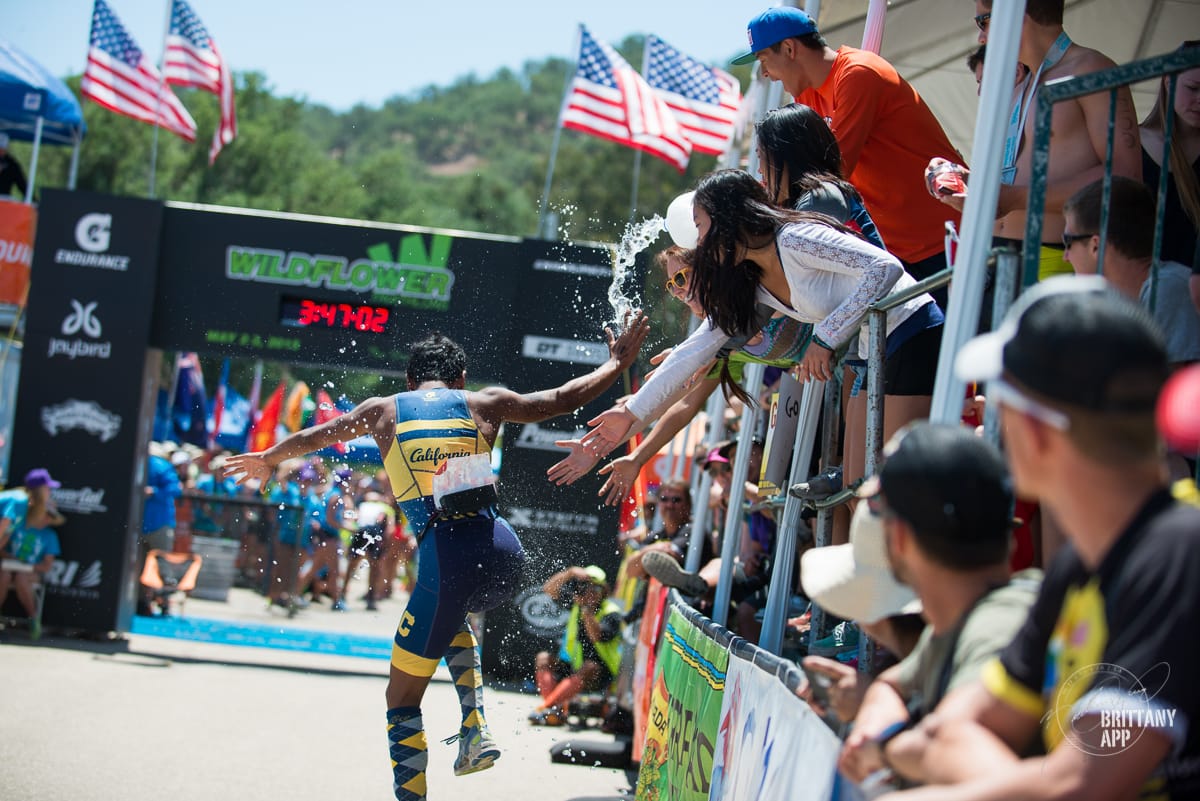We all know exercise is good for our health, but new science tells us exercise is great for our brains too. Scientists have proven exercise can improve memory and learning in animals, but a new study out of Canada proves humans can improve memory and brain activity thanks to high-intensity exercise.
Previous studies showed exercise promotes ‘Miracle Gro’ for the brain
Last year, scientists at New York University’s Langone Medical Center decided to look at the impact of exercise on the brains of mice. They placed healthy mice into two groups; group one had a running wheel in their cage, while group two had no wheel. After a month in the cages, the scientists looked at the differences between the mice’s brains.
The exercise group showed higher levels of B.D.N.F, which is a protein some scientists label as ‘Miracle-Gro’ for the brain. This snazzy protein helps neurones grow and strengthens synapses which are the ways nerve impulses signal to each other.
Exercise ‘switches on’ a healthy brain protein
B.D.N.F is produced by a gene that occurs in all mice but was largely concealed in sedentary mice.
For those chubby mice that sat around all day, there was a thick barrier of molecules that surrounded this gene preventing it from being switched on.
In contrast, in the sporty mice, the barrier was flimsy, allowing the gene to switch on, producing more B.D.N.F to promote brain health and improve learning and memory.
If you’re getting lost in the acronyms, don’t worry; the key takeaway is that exercising improves your brain’s function overall.
Those findings are fairly general though, so new scientists wanted to look at memory improvements in humans.
New evidence shows memory improvement thanks to exercise
A new study in the Journal of Cognitive Neuroscience looks at how high-intensity exercise effects the memories of a group of ninety-five college students.
Scientists divided the students into three groups:
- Exercise only
- Exercise and cognitive training (combined)
- No exercise or cognitive training (control)
The exercise comprised of 20 minutes of high-intensity interval training at the university’s physiology lab three-times per week. High intensity was chosen as it a very “strong physical stimulus” which was thought to create the most cardiovascular change in young people.
What is brain training?
If you’re wondering what cognitive training is, you’re not the only one. In this study, scientists used general mental training consisting of memorising similar faces, then matching correct faces as they appeared randomly on a computer screen.
Why faces? The memory required to recognise and memorise details on the human face is a very specific, yet important type of memory. It was just one type of memory that could have been measured in the study.
What did they find after 6 weeks?
- Everyone who exercised enjoyed better fitness (obviously…)
- Almost everyone who exercised performed better on the memory test, including quickly differentiating between similar objects despite this not being part of the brain training
- Those who’s fitness improved the most, experienced greatest memory enhancements
Biggest improvements in fitness saw other improvements
- Individuals who enjoyed the greatest fitness improvements from the training also had higher levels of neural growth factors.
- Those who enjoyed the biggest increase in fitness also enjoyed improvements in high-interference memory performance.
“In effect, more fitness resulted in stronger memories,” says Jennifer Heisz, an assistant professor at McMaster University who led the study. “The brain training adds to that effect, even for a type of memory that was not part of the training,” Heiz told The New York Times.
No fitness improvements show little memory improvement
In contrast, those who had the smallest improvements in fitness also had only slight improvements in memory. Dr Heisz thinks this may be because the exercise may have been too intense for these individuals. “It’s possible that they would have developed a better response with different and perhaps more-moderate exercise,” Heisz says.
How you can have better memory
It’s simple; add some memory tasks to your workouts before and after getting sweaty. “I would suggest memorising the details of a painting or landscape” — or perhaps a loved one’s face — before or after each workout, Heisz says. “It could provide broader memory benefits all around.”
Benefits for the busy triathlete
If you’re a busy triathlete juggling home life, your social life, training and work; this study proves you can enjoy benefits across multiple areas in your life by combining your efforts. Add a bit of mental stimulation before and after a workout, and you’ll feed your brain. Both studies prove this will not only enhance memory but also strengthen your brain as a whole.







